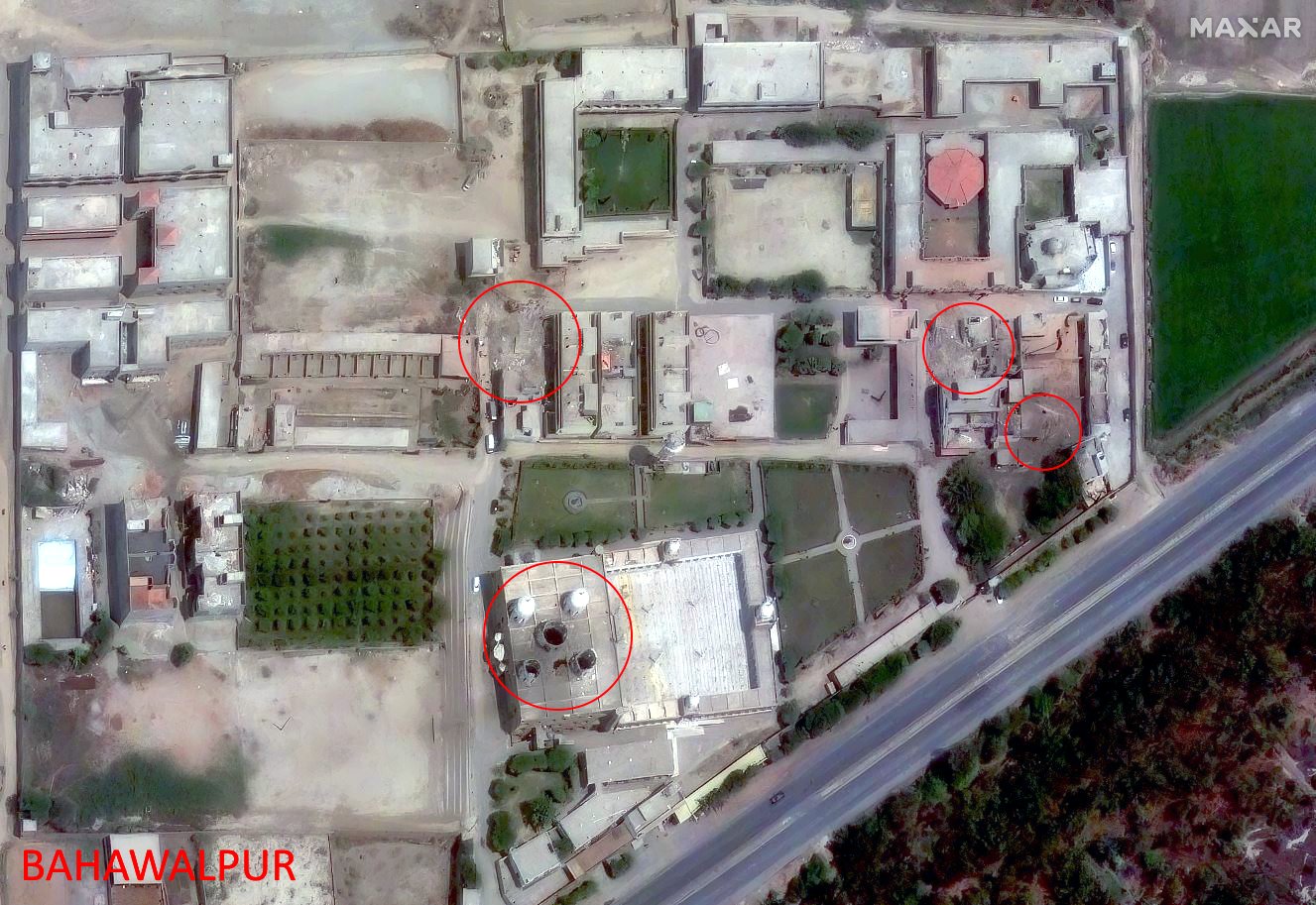Dear Express Reader, Does language communicate meaning, or does it also hide it? That's a question to ask, as you listen to Prime Minister Narendra Modi address a gathering in Bhopal after flagging off the Vande Bharat Express between Bhopal and New Delhi, on Saturday. The head of a government that is certainly one of the most powerful, and arguably one of the most power-drunk, plays victim: "Iske liye (to malign Modi), in logon ne bhaanti bhaanti ke logon ko supari de rakhi hai … yeh log desh ke bhitar hain, kuch desh ke bahar bhi kaam karte hain (they have given a contract to different people, within the country and outside it)". But ordinary Indians, the poor and the Dalits and the middle class, are his "suraksha kavach (protective shield)", the PM said. This is not a new tack. One of the Modi-BJP's more successful strategies has been to paint a picture of itself as under-siege in a hostile "eco-system". In the BJP's telling, that eco-system bristles with a host of dark forces and Others who are anti-BJP and also anti-national, including westernised Left-liberals and Lutyens' elites, Dynasts, the Corrupt, Urban Naxals and Secularists who practise "tushtikaran" or the politics of appeasement of minorities. That list of the BJP's chosen villains is not exhaustive. But it is enough to illustrate a glaring dissonance. A ruling party and prime minister who have been accused of targeting their political opponents and dissenters with all the might of the agencies at their command - the disqualification of Rahul Gandhi from Parliament on the back of a questionable court verdict and a colonial-era law lend credibility to those allegations - claiming to be the persecuted. A different instance of the lack of fit between words and meanings can be found in a news story still unfolding in a state that has, incidentally, turned a deaf ear to the Modi-BJP's storytelling. In Punjab, the state in which the Modi government tried to push through far-reaching farm laws that it had to later retract, a newly-minted radical preacher who talks of "Khalistan" is sparking fear-filled conversations of a return to the decade lost to a terrorist and separatist movement in the 1980s. Amritpal Singh, on the run since the police crackdown against him and his organisation "Waris Punjab De", launched weeks after his supporters stormed a police station near Amritsar, has put out two videos and one audio clip. The Akal Takht Jathedar should call a Sarbat Khalsa (assembly of Sikhs), he demands, to find the way forward for the panth or community. Amritpal deliberately invokes images and keywords of the bygone '80s - he also reportedly dresses like Jarnail Singh Bhindranwale. But that he also seems to provoke others, within Punjab and outside it, to draw parallels between the current moment and a period of darkness the state has moved on from, creates a misalignment of words and meanings. It is not that there is no darkness in Punjab today - but it is not the same darkness. I travelled through Punjab, also my home-state, when it was roiled by the farmers' movement against the Centre's laws, and later to cover the election held after that movement ended with the roll-back of those laws, in which the AAP swept to power on the promise of change. It was obvious to me, as to many others who reported from Punjab, that the state is beset with several discontents - and that almost none of them is called Khalistan. Punjab is struggling with crises, and even though a year is a short time in government, the AAP is seen to have done little to address them. From the drug problem to the flight abroad in large numbers of its young; from the sinking water table and fragmentation of land holdings that are making agriculture more and more unremunerative to the by-passing of the state by industry and the IT revolution; from the decline of an older grounded model of Akali politics to the current distrust of all politicians as collusive, self-serving and corrupt - through it all, the Bhagwant Mann dispensation has invited the same-old accusations of corruption, nepotism, promotion of VIP culture (its leaders have more gunmen and longer motorcades), and is also seen to be run from Delhi by remote control. But anyone who has travelled in the Punjab town and village will also tell you that no one wants a return to a blood-stained past - not the farmers who marched to Delhi with their demands and still feel helpless after they made the government bend, nor the young who continue to queue up at coaching centres to prepare for IELTS, the English proficiency test that is their ticket to study, work and migrate abroad. Why, then, do spectres of Khalistan rear their head in talk about Punjab, again and again? That Amritpal should seek to retrieve a language of the past to stoke the state's current crises is not surprising - replaying a provocative slogan increases his chances of being heard. But it is worrisome that others, Punjab players and commentators, should take his cue and hark back to discredited themes, motifs and conspiracy theories. It speaks of a lazy recourse to ready-made catchwords of grievance, even though both the crisis and the terms of its resolution have changed. It speaks of an unresisting slide back into cliches rather than making the effort to find new words and frameworks to describe new realities. It points to a politics of bad faith in which all parties try to corner and destabilise the other by believing the worst of it, or making a show of it. Till next week, Vandita | 
No comments:
Post a Comment